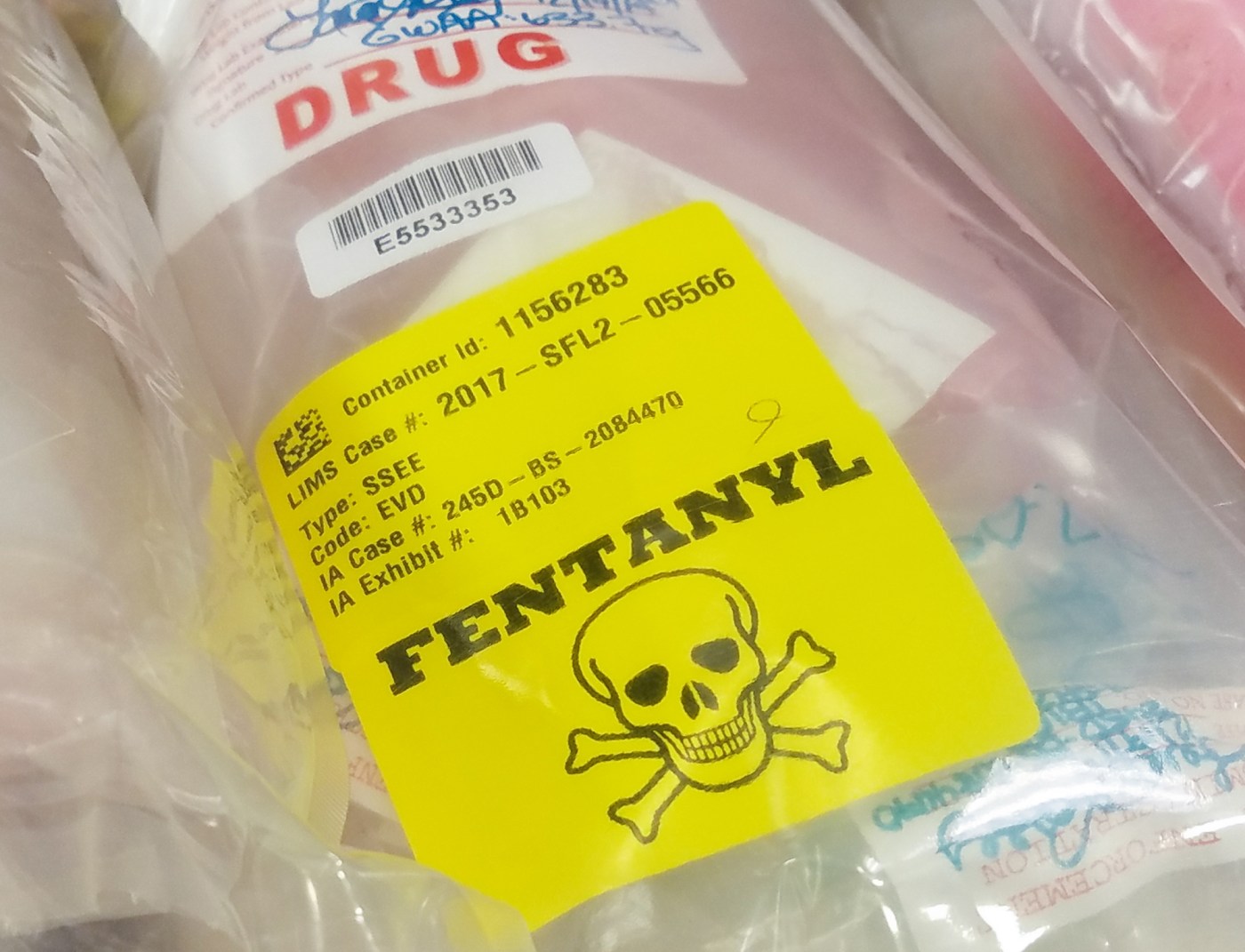
Boston opioid overdose deaths spike 12%, as Massachusetts reports biggest drop in 13 years
Opioid OD deaths jumped in the city last year, while the state reported its biggest drop in OD deaths in more than a decade.
New data shows opioid-related overdose deaths increased by 12% in Boston, even though the Massachusetts Department of Public Health reported a 10% decrease statewide.
The spike in Boston continues the trend of drug overdose deaths rising throughout the city since 2017.
“The increase in drug overdose deaths in Boston, particularly among Black and Latinx residents, emphasizes the urgent need for interventions across the city in overdose prevention and substance use treatment,” said Bisola Ojikutu, commissioner of Public Health and executive director of the Boston Public Health Commission.
“As the Commission uses new investments to address this crisis, residents need to understand the dangers of all drug use,” Ojikutu added. “If you are a person living with substance use disorder, check your supply, do not use alone, and have naloxone on hand to prevent fatal overdose.”
The jump in Boston OD deaths comes as the Bay State reported its largest single-year drop in 13 years.
There were 2,125 confirmed and estimated opioid-related overdose deaths in Massachusetts last year, which was 232 fewer than in 2022 when the state had a record 2,357 fatal opioid-related overdoses.
The state Department of Public Health reported that 281 Boston residents died from an opioid-related overdose last year, up from 248 deaths in the previous year.
Related Articles
Mass. reports largest single-year decline in opioid-related overdose deaths in 13 years
Acting US Attorney highlights human trafficking, drug work
Fewer US overdose deaths were reported last year, but experts are still cautious
Massachusetts could get almost $60M in opioid funding from Biden admin to fight overdose crisis
A paramedic was skeptical about this treatment for stopping repeat opioid overdoses. Then he saw it help
In Boston among Black residents, the drug overdose mortality rate jumped by 27.9% and the opioid mortality rate spiked by 27.3%. For Latinx residents, the drug overdose mortality rate increased by 5.6% and the opioid mortality rate climbed by 15.7%.
The drug overdose mortality rate includes deaths due to the combination of cocaine and opioids, primarily fentanyl, which can be ingested knowingly or unknowingly. Drug OD mortality associated with fentanyl in combination with cocaine increased significantly from 2017 to 2022 — from 6.6 deaths per 100,000 residents to 16.9 deaths per 100,000 residents, a 140.6% surge.
Cocaine was involved in more than half of all overdose-related deaths associated with fentanyl in 2022, and more than 60% involved some combination with other opioids and/or cocaine.
The Boston Public Health Commission Recovery Services Bureau’s outreach workers regularly reverse up to five overdoses per day, and host free trainings on how to respond to overdoses and administer Narcan.
Last year, the Bureau distributed more than 23,000 doses of Narcan to residents and community partners, and made 2,389 referrals for substance use treatment.
To bolster current efforts, the Boston Public Health Commission is using $7.5 million in new funding to increase substance use services, support low-threshold housing, train more people in overdose rescue, and build citywide infrastructure to support individuals living with substance use disorder.


